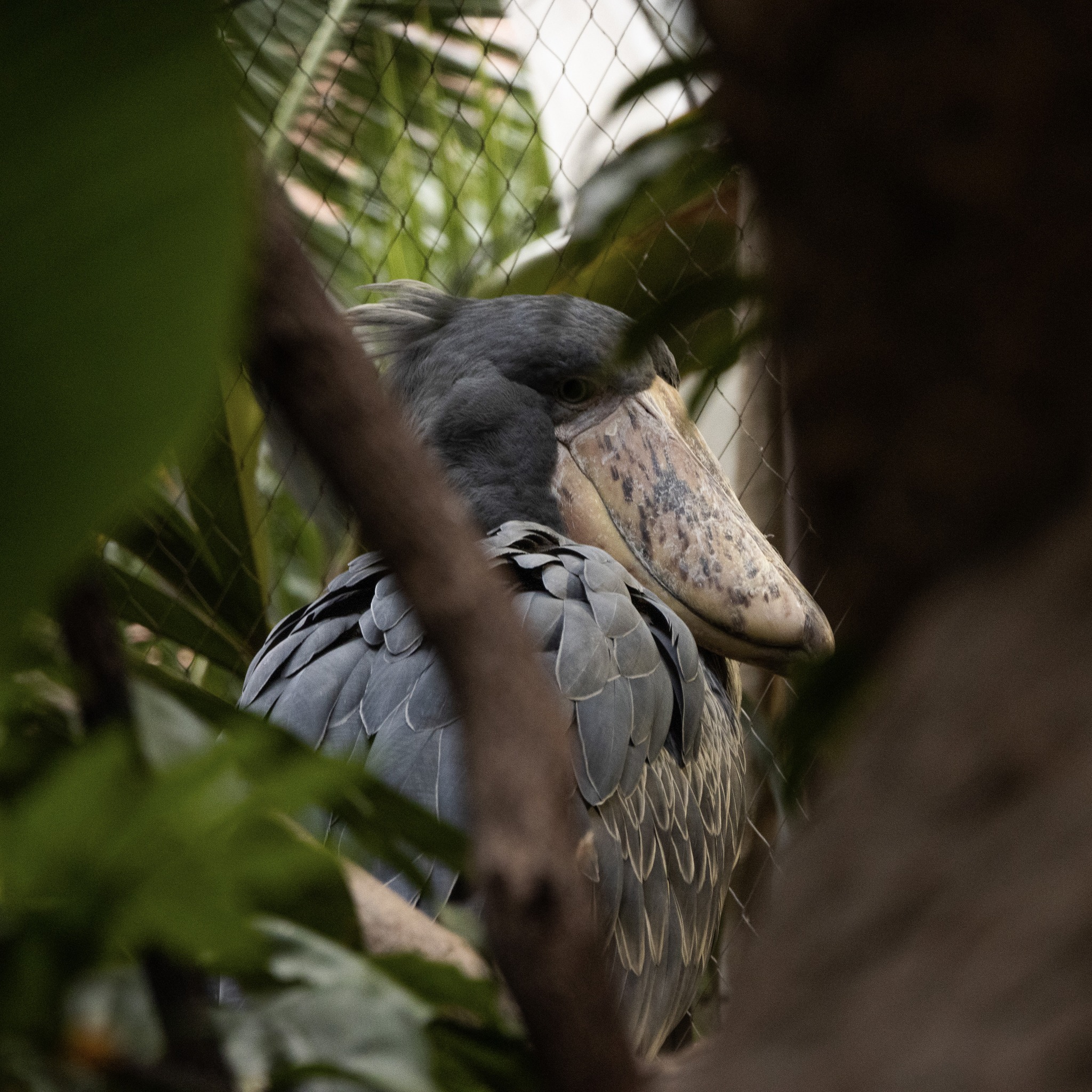- Endangered Species Day emphasizes the importance of every species and the roles they play in ecosystems.
- The shoebill stork is a vulnerable species due to habitat loss and human activity.
- Conservation efforts at institutions like the Dallas World Aquarium highlight the importance of education and international partnerships.
- Awareness and individual actions contribute significantly to species survival and ecosystem preservation.
- Global efforts and collaborations are crucial to combating threats to wildlife and their habitats.
Endangered Species Day, observed on the third Friday in May, serves as a powerful reminder of the critical role every species plays in maintaining the balance of ecosystems. This day also emphasizes that each effort to conserve wildlife counts and can lead to impactful change. With numerous species at risk due to human activities, habitat destruction, and climate change, understanding and addressing these threats is urgent and necessary.
The shoebill stork, a fascinating bird native to the wetlands of central tropical Africa, is an emblem of the challenges faced by many species today. Listed as Vulnerable by the IUCN Red List, this bird is threatened predominantly by habitat loss and human encroachment. Its unique appearance and behavior have made it a subject of intrigue and admiration, yet its survival is increasingly precarious. Wetlands, crucial to the shoebill’s existence, are often drained for agriculture, while human development continues to encroach upon their natural habitats.
Institutions such as the Dallas World Aquarium exemplify the commitment to wildlife conservation through diverse strategies, including education, international partnerships, and direct involvement in species survival programs. By focusing on both species like the shoebill stork and the broader ecosystems they inhabit, these efforts aim to tackle the root causes of endangerment and promote sustainable coexistence with nature.
Educational programs play a vital role in raising awareness about endangered species and the importance of biodiversity. By engaging visitors with compelling facts and interactive experiences, institutions can inspire a deeper understanding of conservation issues and encourage personal commitment to wildlife protection. Moreover, international partnerships enhance the impact of conservation initiatives, enabling the sharing of resources, expertise, and strategies across borders. These collaborations strengthen global efforts to combat threats to biodiversity and foster resilient ecosystems.
Every individual’s actions contribute to the survival of species and ecosystems. Simple choices, such as supporting sustainable products, reducing waste, and advocating for conservation policies, can collectively make a substantial difference. Public awareness campaigns and community engagement activities further amplify the message that everyone has a role to play in protecting wildlife.
Collaboration between governments, non-profit organizations, conservationists, and local communities is essential in addressing the complex challenges facing endangered species. These efforts include creating and enforcing environmental policies, establishing protected areas, and implementing conservation projects tailored to the needs of specific species and habitats. By aligning global priorities and fostering cooperation, the international community can more effectively safeguard biodiversity.
Endangered Species Day is more than a symbolic observance. It is a call to action, urging people to recognize the interconnectedness of all life forms and the significance of preserving Earth’s natural heritage. Through informed choices and collective effort, we can foster a future where every species thrives, and ecosystems remain vibrant and resilient.
*****
Source Description
Endangered Species Day reminds us that every species plays a role—and every effort counts.
Observed each year on the third Friday in May, this day raises awareness about the threats facing wildlife around the world.
📷 Featured here: the shoebill stork, a striking and elusive bird listed as Vulnerable by the IUCN Red List due to habitat loss and human disturbance. Native to the wetlands of central tropical Africa, this bird is both a symbol of resilience and a call to action.
At the Dallas World Aquarium, conservation isn’t a concept—it’s a commitment. Through education, international partnerships, and direct support of species survival programs, we work to protect vulnerable animals like the shoebill and the ecosystems they depend on.
🌍 Every species matters. Every choice matters.


